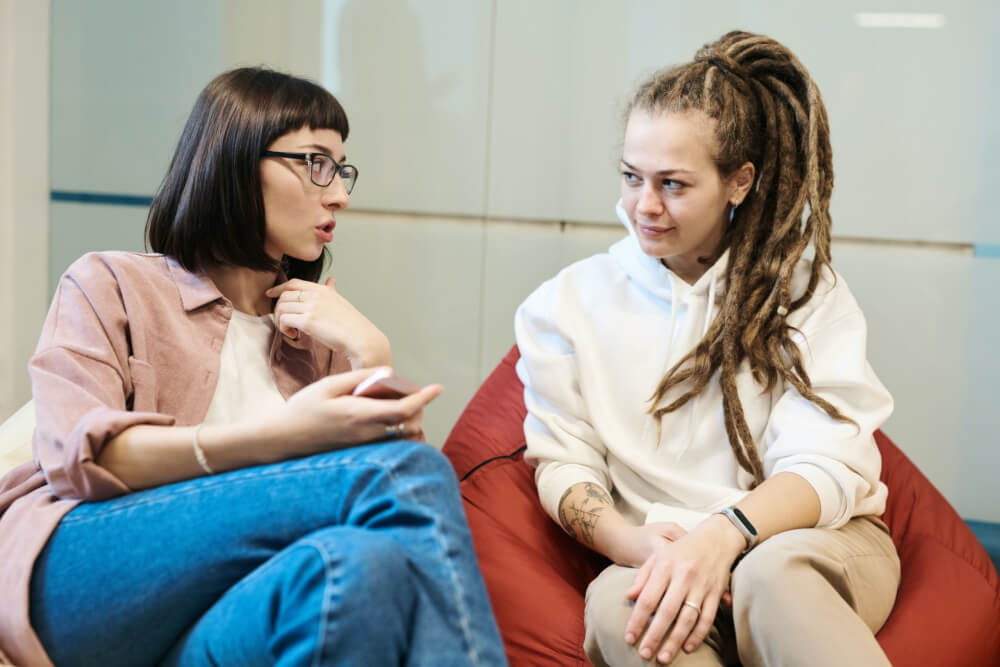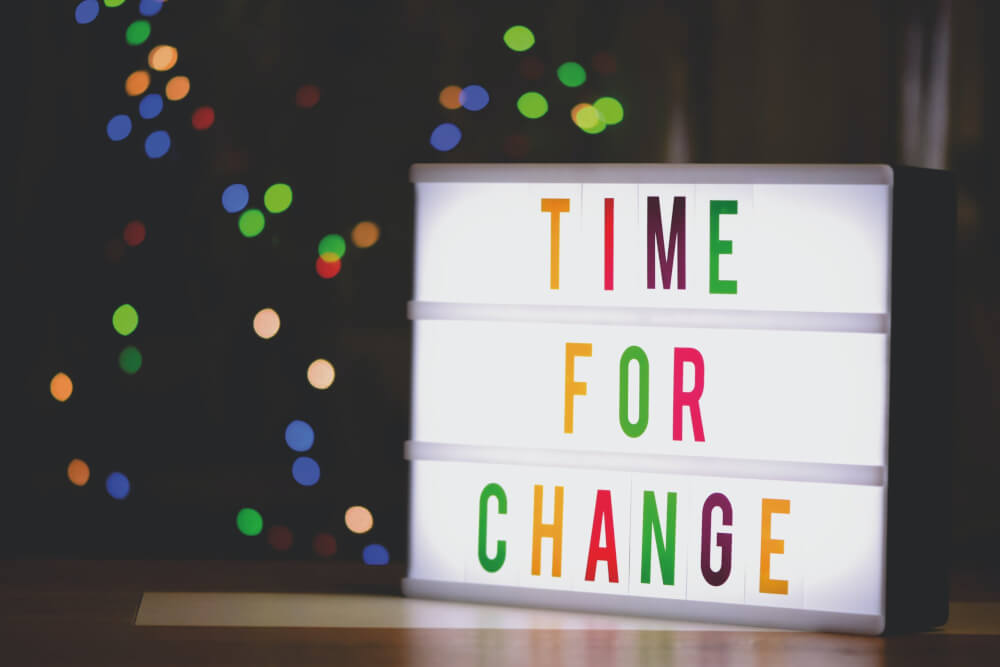Someone once told me that if you keep talking you don’t have any time to observe so it gets hard to gauge what someone else is feeling and thinking. That perfectly explains why it is so important to actively listen not only for the other person but because it helps you be more aware of your surroundings.
We are born with the skills to hear but we have to develop the skills to listen. Living in a society that promotes talking we sometimes forget the importance of listening.
If you want to actively listen you have to go into a conversation with the intent to understand the way the other person is feeling.
How to improve your listening skills
Pay Attention
At times even when we listen, we aren’t really paying attention. We are either thinking about what we are going to talk about next or we are thinking of ways to interject. Actively listening means paying attention.
Don’t shut the other person down
If someone tells you they are having issues with their family ask them how they are feeling don’t trivialize the matter by saying it will be over soon. The person is probably telling you the story because they want to talk about it not because they want to be shut down.
Ask relevant questions
An important part of listening is asking relevant questions. This shows you are actually paying attention and are interested. The other person will feel encouraged to share more. They will feel validated that they are saying something important and you want to hear.
Embrace the silence
However, this does not mean that every time there is a moment of silence you jump in. Let the person prepare their thoughts. That is something I have struggled with I feel the need to comment every time there is a pause. That is not something the other person is looking for. So let them talk.
Help them reflect instead of providing advice
Another thing we do is try to provide advice when that is not necessarily what the person is looking for. They could be just coming to you so you can hear them out. Wait for them to say what do you think I should do before giving the advice. When they do ask for advice don’t make the decision for them make them reflect so they can problem-solve for themselves. They might already know what they want to do, help them problem-solve to do that.
One way of making someone reflect on their problems is by redirecting the question to them. For example, if your friend asks you ‘do you think I should break up with him.’ Instead of saying yeah you can ask them back ‘do you think you still want to put in effort into this relationship.’ This will help them reflect on their question.
This is a skill I struggle with but I am working on it and with time my listening skills will improve.
Don’t be judgemental
A problem that occurs with listening is that we become judgemental when hearing other people out. You are not in that person’s shoes you don’t know how they are feeling or what they are going through. If they have come to you with an issue and you want to help actively listen to them judgment free. This doesn’t mean not calling out a friend if you think they are doing something wrong but there are times for that and there are times to just listen. Think about what your friend needs at that moment.
Avoid jumping to conclusions
Another error we make is jumping to conclusions. Instead of jumping to conclusions hear the whole story out.
Body language can speak louder than words
Pay attention to your body language and the cues you are giving. People can tell when you are genuinely interested. Eye contact, leaning forward, and nodding will help the person feel as if you are listening. If you start doing other things while they are talking they are not going to think you are listening.
So don’t fidget or look at the clock as if you are bored. Ask yourself what you would want if you were telling someone a story or an issue then replicate that.
Focus on the other person
Don’t make the story about yourself. If someone tells you they are having a difficult time at work don’t start talking about your boss is so hard on you. Be the listener hear their story out first.
Empathize
When you are listening to a problem most likely your friend wants you to empathize with them not sympathize. Sympathize is when we feel bad for someone which makes it seem like we are one up on the other person. It can make the other person feel put down. If you empathize with someone you are trying to think of the situation in their shoes. Empathizing makes the other person feel understood instead of having to feel that you are pitying them.
Paraphrase
Paraphrasing what the person saying can also be a way of showing you were paying attention and it can help make sure you are on the same page. We sometimes think we understand what the other person is saying but when we say it aloud it’s completely different. So to improve your comprehension paraphrase.
Don’t concoct responses
I personally feel I need to come up with a response to say. This takes me away from actually listening. Pay attention to what the person is saying instead of thinking about what you are going to say next.
Exercises to help you actively listen
I would recommend writing down 5 things you would want to happen if you were telling a friend an important story. This will make you reflect on the behaviour you should be demonstrating you can then adopt that behaviour.
Write down what you normally do in a conversation. Think of ways you can make the conversation more meaningful by listening. Then try to fit this into your life. Note down the progress you are making in a journal. This will positively reinforce your behaviour.
Write down how you think this will improve your relationships. If it does improve your relationship note that down.
We have a free 21 day journal to practice actively listening. Download or Save the PDF on your computer and you can type into the digital PDF Actively Listening Journal.
Wrap up for actively listening
Learning how to actively listen can improve your relationships as communicating is a huge part of human interactions. Most of our problems are caused because we don’t actively listen to each other. Let that sink in.




